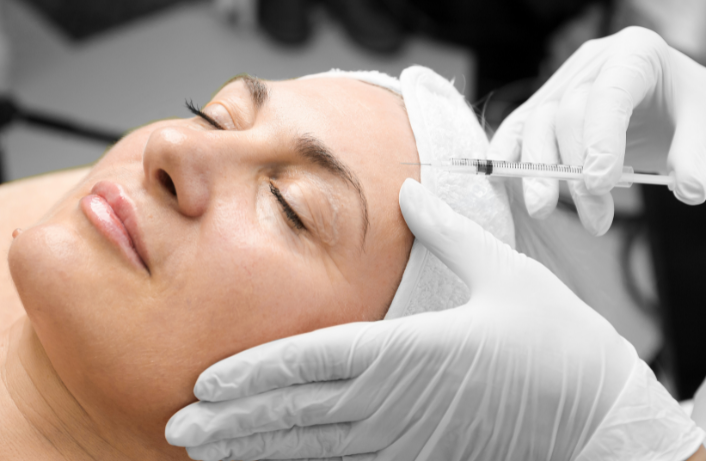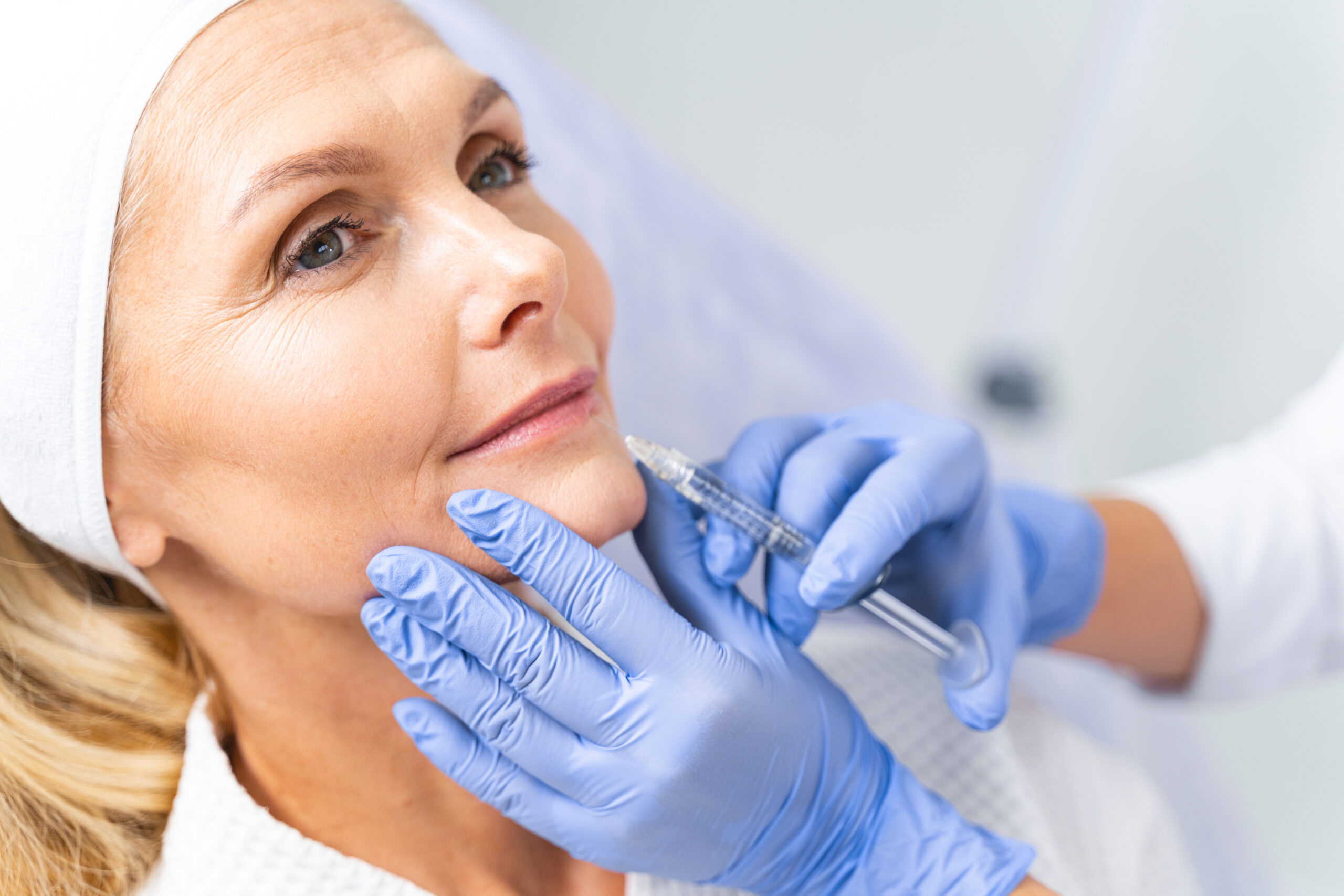QUICKLINKS
What is Anorgasmia?
Anorgasmia, also called female orgasmic disorder, is the term used to define delayed, infrequent, or absent orgasms after sexual arousal and stimulation. While the frequency and intensity of orgasms may vary from woman to woman, individuals who feel significant distress about their inability to orgasm may be diagnosed with this condition.
Common symptoms of anorgasmia include:
- An absence of orgasms
- Delayed orgasms
- less-intense orgasms
- Fewer orgasms
Anorgasmia can also be lifelong, meaning an individual has never experienced an orgasm, acquired, if an individual is having new problems with reaching orgasm, situational, if an individual only has issues reaching orgasm in certain situations, or generalized, when a person has problems with orgasm in any situation.
WHAT IS HORMONAL THERAPY?
Dr. Powers explains hormonal therapy and the reasons to seek out a physician. If the conditions listed above are bothering you in your everyday life, watch this video to get more information on how hormonal therapy may benefit you!
Causes of Anorgasmia
Because orgasms are complex reactions that may be affected by emotional, physical, psychological, and sensory factors, there are many possible causes for anorgasmia.
Psychological and Personal Factors
Past experiences and mental well-being may play a factor in orgasms, including the following:
- Poor body image
- Past emotional or sexual abuse
- Lack of knowledge regarding sexual interactions/stimulation
- Personal life stressors
- Mental health conditions like depression or anxiety
Relationship Factors
Individuals who have issues with their sex partner may lead to problems with orgasms, including:
- Unresolved conflicts
- Lack of emotional intimacy
- Infidelity
- Poor communications when it comes to sexual preferences
- A partner’s sexual dysfunction
- Intimate partner violence
Physical Factors
There is also a large range of physical changes, illnesses, and medications that may interfere with orgasms:
- Medications: Certain medications may hinder orgasm, including antipsychotic drugs, antihistamines, antidepressants, and blood pressure medications.
- Health Conditions: Long-lasting health conditions such as diabetes, multiple sclerosis, or overactive bladder may contribute e to orgasm issues.
- Gynecological Treatments: Damage to tissues due to hysterectomy or cancer surgery may affect a woman’s ability to orgasm.
- Age-related Changes: Bodily changes following menopause may contribute to different forms of sexual dysfunction.
- Alcohol and Smoking: Smoking may limit blood flow to the sexual organs, while alcohol suppresses the nervous system, which can both lead to a lack of orgasms.
Anorgasmia Treatment Options
There are a number of different treatment options for anorgasmia, depending on what is contributing to the problem.
Medical Treatments
- Estrogen Therapy: Women who are undergoing treatment for menopause symptoms may experience improved sexual experience. Low-dose estrogen cream or suppository may also improve blood flow to the genitals and lubrication of the vagina.
- Testosterone Therapy: Some postmenopausal women can benefit from testosterone replacement therapy to improve orgasms and arousal.
Lifestyle Changes and Therapy
- Sensate Focus: This approach for couples provides at-home exercises and instructions to help each partner better understand the other’s needs. This can help to improve the chances of reaching orgasm.
- Changes in Sexual Positions: Changes in sexual positions to increase the stimulation of the clitoris may be recommended by your provider.
- Cognitive-Behavioral Therapy: Couple or individual therapy may help individuals to promote good sexual relations, such as communicating with a partner regarding sexual needs.
- Sexual Enhancement Devices: Devices made to enhance sexual stimulation may assist some individuals in reaching an orgasm.
Contact Us Today
Anorgasmia can be a difficult condition to live with. If you are concerned regarding your lack of sexual enjoyment, contact Tideline Center for Health & Aesthetics today to speak with one of our skilled providers.
VIRTUAL CONSULTATION
$250
Would you feel more comfortable discussing your most intimate women’s issues in the privacy of your own home? We understand and have made that option available. Schedule your 30-minute virtual consultation for only $250 and take the first step toward understanding your feminine health better.
Consult with a Tideline Doctor
30 Minute Appointment







